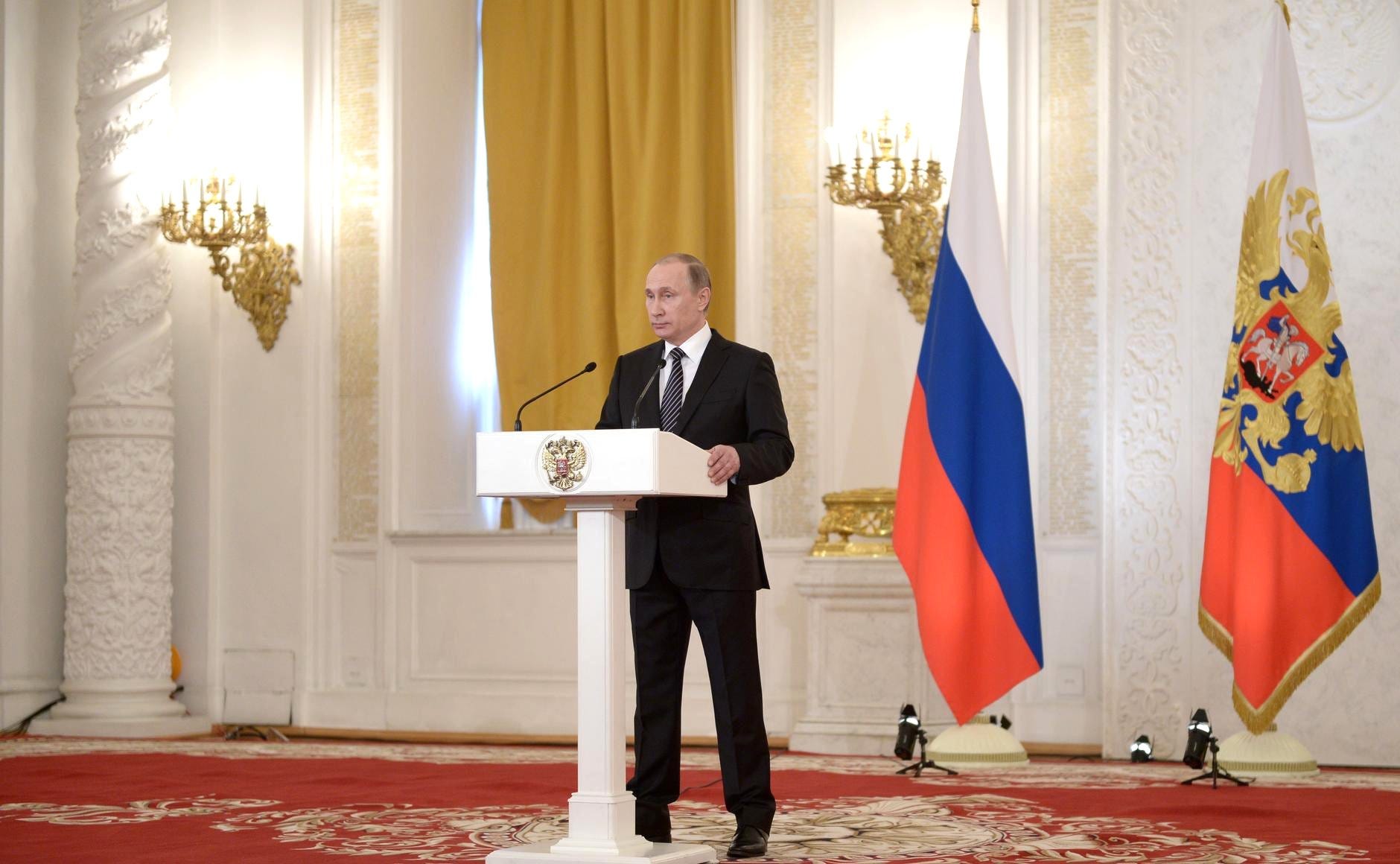By Jonathan Hillman
Asia’s Infrastructure Push
A massive infrastructure push is underway across Asia. The region’s infrastructure market could grow by 8 percent annually over the next decade, rising to nearly 60 percent of the global total. All told, the region’s infrastructure needs are estimated to exceed $1 trillion annually.
China’s “One Belt, One Road” (OBOR) initiative is at the center of this push. Estimates vary, but all point toward an ambitious endeavor. Geographically, OBOR could span 65 countries responsible for roughly 70 percent of the world’s population. Economically, it could include Chinese investments approaching $4 trillion.
Behind these big numbers are some big questions. To begin with, how is this mega-initiative manifesting itself on the ground? Are new projects economically viable? Looking further ahead, how might these new connections reshape flows of goods, people, data and ideas? What new economic and political realities might emerge?



